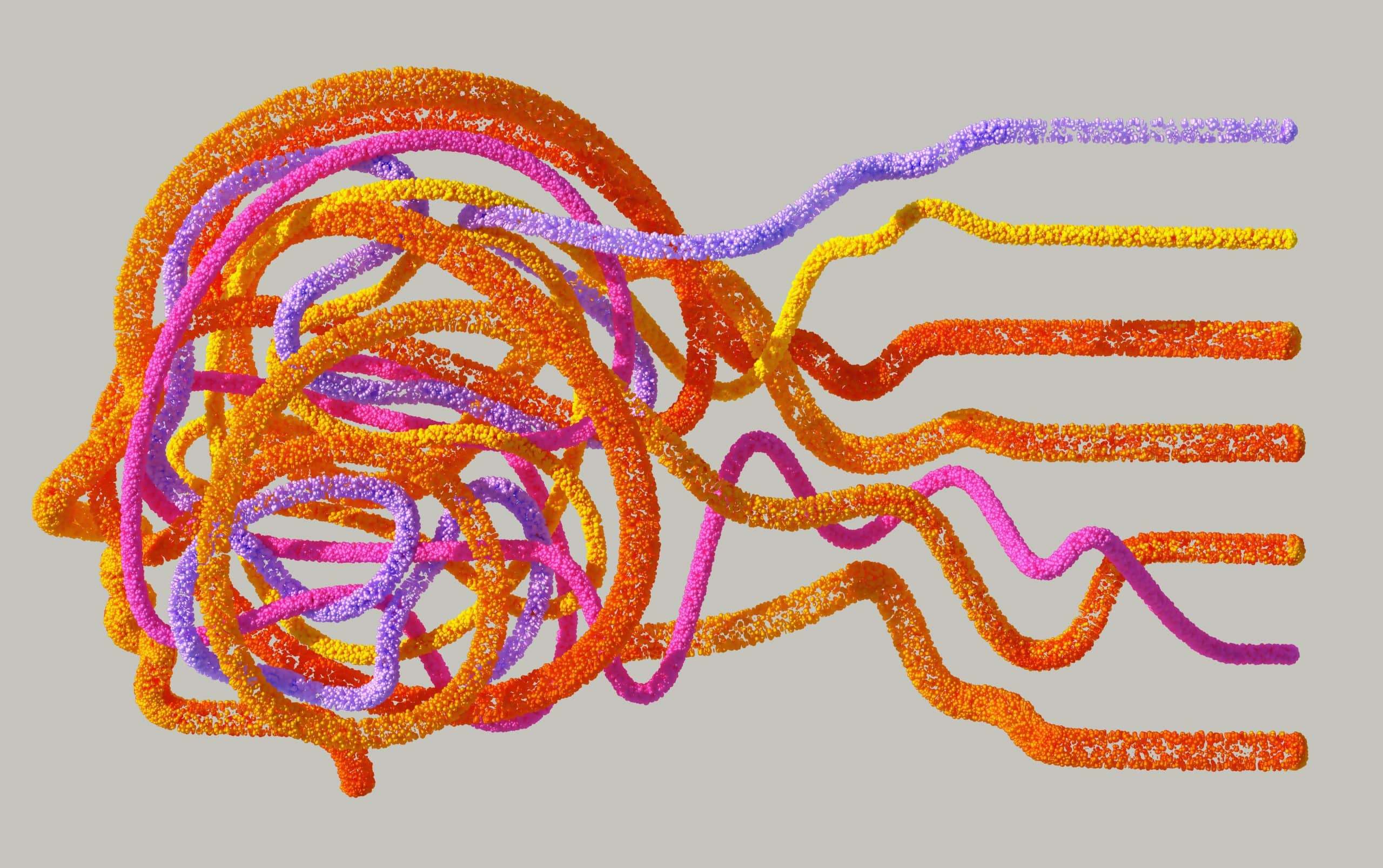Being shy is a normal feeling in people, especially in new situations. However, when shyness elevates to crippling anxiety, struggling individuals may have developed a mental health condition called social anxiety disorder. Regardless of the condition’s difficulty to contain, these individuals can still be helped.
Supporting someone with severe shyness can be challenging as their social anxiety negatively impacts their daily life. That is to say, simply hanging out with struggling individuals is difficult as they want to avoid other people, including their loved ones and supporters. So, to help these individuals, first, learn more about social anxiety to understand methods to reduce its deliberating effects.
What Is Social Anxiety Disorder?
Social anxiety disorder takes shyness to a whole new level since it gives the people it affects an intense fear of others’ judgment. As a result of this disorder, people may struggle to make and maintain relationships. Likewise, work and school can be challenging because struggling individuals will try to avoid others at all costs.
Moreover, this disorder is the most common anxiety disorder and usually manifests in late childhood. Furthermore, females get diagnosed with the anxiety disorder more than men. Also, the gap in diagnosis between men and women widens as these individuals reach their adolescence and young adult years.
How Social Anxiety Disorder Affects People’s Life
Generally, social anxiety disorder affects people in various ways. However, its common symptom is an intense fear of having no control over what’s happening. This fear can make attending school, going to work, and everyday tasks challenging as people will spend more time avoiding other people than completing whatever task they have.
Although some people with anxiety disorder tend to avoid social situations altogether, others can complete these tasks. Unfortunately, these people tend to be overwhelmed with fear and anxiety in their pursuit to get things done.
Then, some people with this anxiety disorder may struggle with social situations before they happen. For example, these people may become overwhelmed with anxiety days or weeks before they have to interact with someone for whatever reason.
Lastly, social anxiety disorder doesn’t necessarily mean that all social interactions are its immediate cause. On the contrary, people who have crippling social anxiety may struggle to get through a performance instead. For instance, social anxiety disorder can affect people by making tasks such as sports competitions, music playing, and even giving a speech almost impossible.
Possible Causes Of Social Anxiety Disorder
Unfortunately, researchers are still looking for possible causes of social anxiety disorder. Specifically, genetics may play a part in getting social anxiety disorder, but so far, results have been inconclusive. For many families, the disorder doesn’t seem to follow any particular pattern, as some family members can get the disorder while others are fortunate enough to evade it altogether.
According to researchers, there may be parts of the brain that give rise to social anxiety disorder. Specifically, the part of the brain involving anxiety and fear may be influenced by genetics after all. Still, researchers are mostly on the fence about what causes the disorder, as they still have to study the brain and body during interactions with other people. Alongside the brain and body, researchers look into environmental factors as well.
Therapies for Social Anxiety Disorder
If someone is struggling with social anxiety disorder, then they should seek help from a mental health professional. To get the help they need to manage their disorder, struggling individuals will first need a diagnosis, which only a mental health professional can give. Once a diagnosis is given, these people can receive treatment with psychotherapy, medication, or both.
The type of psychotherapy those struggling with this disorder receive is cognitive behavior therapy (CBT). That way, these people can be taught various ways to behave and react in situations where they feel the most anxiety and fear. Equally important, CBT teaches these people much-needed social skills, which works best to treat this anxiety disorder.
Particularly, exposure therapy is the preferred CBT method to treat social anxiety disorder as it makes people safely confront their fears. With that said, struggling individuals can pursue activities they once avoided as they’ll have the help and tools to do so. In addition to exposure therapy, relaxation exercises are essential because people must know how to cope with their anxiety while facing their fears.
Another style of therapy that helps people with this anxiety disorder is acceptance and commitment therapy (ACT). With this approach, struggling individuals learn to challenge their negative thinking with coping strategies. Just be mindful that ACT is a new psychotherapy practice, so while it’s a valuable treatment option, its data on its effectiveness still needs work.
Medication For Social Anxiety Disorder
Outside of therapy, medication proves efficient in treating social anxiety disorder, especially antidepressants and beta-blockers. Although antidepressants are mostly prescribed for depression, they also work in treating anxiety disorders. The only downside with antidepressants is that they may come with side effects and may take time to begin working.
Similarly, beta-blockers can relieve some physical symptoms caused by severe social anxiety, especially with rapid heart rates and tremors. Due to their aid, beta-blockers are mostly used for anxiety caused by performance rather than social interactions.
To help with the most severe anxiety, benzodiazepines work best to reduce the intense fear and anxiety. Primarily, these sedative medications rapidly reduce these negative feelings, allowing these people to find comfort when they’re struggling most.
Support Methods Reduce Social Anxiety Disorder
Considering social anxiety has no apparent risk factors, prevention of the disorder remains challenging. Yet, there are ways you can help people who are struggling by encouraging social engagement. For instance, don’t force someone to participate in conversations, but allow them time to answer and create a welcoming space for these individuals to be comfortable.
Finally, the best help that people struggling with social anxiety disorder can get is actual support. It’s essential to remember that anxiety can be crippling, so having patience is most important. Even if they prefer to be alone doesn’t mean they may want to be.
This article is intended simply to provide information. It is not intended to replace advice from a physician. Please speak to your doctor if you have any questions or concerns.
For More Great Content
Total Apex is an all-encompassing content producer. We provide heavily-detailed articles every day on entertainment, gaming, sports, and so much more! Check out all our great sports content Total Apex Sports. Check us out on X @TotalApexEandG and our other sites: Total Apex Sports Bets and Total Apex Fantasy Sports.










